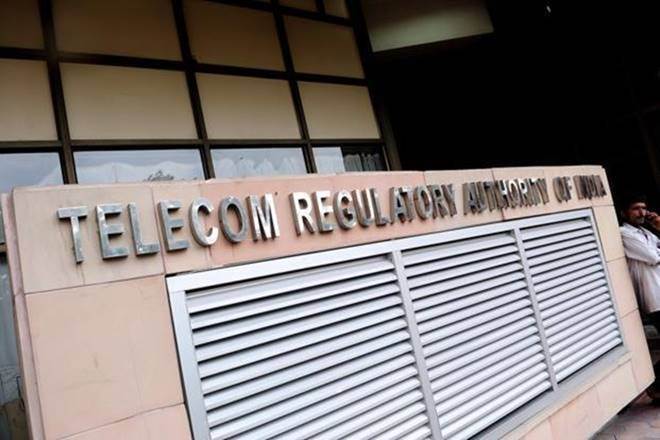As the telecom regulator gears up to prescribe a floor price for mobile tariffs, the Internet and Mobile Association of India (IAMAI) has suggested there should not be any kind of intervention and present policy of forbearance should continue. The association, which counts internet companies like Amazon, Apple, Ola, Facebook, Flipkart, Google, etc, as its members, said any kind of policy affecting tariff rates has the potential of significant consequences on usage and onboarding of new subscribers to internet services.
IAMAI highlighted that India currently has approximately 500 million internet users driven mainly via mobile internet services. “Despite the high numbers of users, internet penetration is barely 36% in the country with rural India still having a low 22% internet penetration. In order to empower the marginalised section of the country, there is a need to provide affordable internet connectivity to rural India,” the association said.
It further stressed that this section of the Indian market is extremely price sensitive and therefore, any policy affecting tariff rates will impact onboarding of new subscribers to internet services.
It must be mentioned that the Telecom Regulatory Authority of India (Trai) is holding a consultation on fixing floor price of mobile tariffs. The demand came from mobile operators, who want a floor for tariffs as currently the rates are way below costs. The rates have fallen drastically after the launch of services by Reliance Jio. Vodafone Idea and Bharti Airtel have on many occasions said that the current tariffs are unsustainable and need to rise. But IAMAI feels that the recent hike of rates by all three service providers prove that the telcos are responsive to market realities and there exists no evidence of market failure based on which any tariff regulation by way of floor price may be justified.
The association said the concept of having a floor price for telecom services is fraught with complications. The floor price will need to be based on the cost of the provision of service. As different service providers have different cost structures and different cost of delivery of services, the selection of a representative cost is problematic. “Contrary to certain suggestions, it would be impractical to choose the highest or second-highest cost in a market with barely three service providers of consequence,” IAMAI said in response to Trai’s consultation.
The association, in particular, responded to certain suggestions for fixing prices for internet services while not affecting voice calls. “Such a suggestion reflects cherry-picking by TSPs targeting potential high revenue services while ignoring low revenue services,” it added.
IAMAI highlighted that currently voice services are the more predominant service and mobile internet services have restricted the market, which is far more price sensitive given the target of onboarding new users.
Moreover, fixation of floor pricing will not address the key issues plaguing the telecom sector which is under huge financial burden severely affecting future investments.
